Ensuring the protection of Alawites will expedite an end to the civil war in Syria.
Syria has become a proxy war to shift the balance of power between Sunnis and Shi’ites in the Middle East. The struggle over the future of the country was not always a sectarian one; the revolution started as a united battle among the people against a dictatorial regime. In the beginning, Syrian rebels made immense gains and President Bashar al-Assad’s fall was “inevitable.” However, as the conflict became increasingly sectarian, progress deteriorated for the Syrian opposition. Some predict that Assad could at least hang onto power for another year.
For the Sunnis, who make up the majority of the Syrian population, the bloodshed ends with the demise of Assad. For Alawites, who follow an offshoot of Shi'ite Islam, the fate of their community is intertwined with that of Assad’s. A post-Assad Syria could reflect grim consequences for the Alawites. Unless the Syrian opposition guarantees the protection of the Alawites in a post-Assad Syria, the Alawites see themselves as having no choice but to continue to fight for the Assad regime, and by extension their survival.
The Bahrainization of Syria
One scenario that the Alawite community could see become a reality after the fall of the Assad regime is the Bahrainization of Syria, where the likely new Sunni-dominated government would try to marginalize the Alawites. A post-Assad Syria could resemble Bahrain, where the ruling Sunni al-Khalifa family actively seeks to weaken the influence and power of the Shi’ite-majority population through structural discrimination.
According to a new study by the Brookings Institution’s Saban Center for Middle-East Policy, the Bahraini government suppresses its Shi’ite civilians at the public, economic, and political level. The likelihood of economic advancement and mobility is low for Shi’ites because of discrimination practiced by their predominantly Sunni employers. Shi’ites on average are lower-paid than their Sunni counterparts and tend to have less-skilled occupations. The government tends to exclude Shi’ites from prominent political posts, especially in the security sector. Additionally, the al-Khalifas manipulate the municipal and parliamentary elections in order to assure that Sunni Bahrainis remain in control of the political system. To further hinder Shi’ites from the political sphere, the government launched massive surveillance over Shi’ite communities to monitor underground political activity, persecuting anyone suspected of engaging in politics.
This is also, to some degree, how Syria appeared during the Assad family's rule. The Assad regime, although mostly Alawite, is not an Alawite regime and did not encompass the same sectarian fervor projected by the al-Khalifas. Instead, nepotism runs rampant in the House of Assad, as evident by the six most powerful men being directly related to the president. The economic corruption and political suppression impacted Sunnis and Alawites alike. Before Syria became a proxy war between Saudi Arabia, Iran, al-Qaeda and Hezbollah, many Alawites were actually a part of the rebellion against Assad. Now, the Alawite community is collectively targeted by the opposition — not for supporting Assad, but for simply being Shi’ites. One popular chant among the more religious and extreme rebels reflects this new sectarianism: “The Alawite to the coffin and the Christian to Beirut.” This sectarian divide is likely to continue after the fall of Assad, if a new Sunni-dominated transitional government potentially mirrors the al-Khalifa family’s marginalization of the Shi’ites.
Many Alawites are holding onto the Assad regime not because they support him, but because they are afraid of the alternative. A “Bahrainization” of Syria that transforms the Alawites into a second-class citizens living on Sunni territory is a frightening, but likely scenario. A post-Assad Syria could lead to severe collective persecution of the Alawite community and a mass exodus from the country.
Exodus of the Alawites
As a minority sect, there are only a few choices for where the Alawites could go. Iran, who has been helping arm Assad’s forces, would be the most welcoming to the Alawites. However, considering that Persians are not Arabs and Arabic is not spoken in Iran, it would be difficult for the Alawites to start a new life somewhere so foreign. Lebanon and Iraq, the only other Shi’ite strongholds, face immense sectarianism. Just as the emigration of Palestinians into Lebanon led to a devastating civil war, the acceptance of the Alawites — who are even more contested than the Palestinians — would only lead to more civil unrest. In Iraq, sectarian tensions are even more violent and regular.
The Alawites could become the new Kurds. Or, considering the strong role the Syrian Kurds play in securing the Assad regime, the Alawites may find a home in Kurdistan, the unofficially recognized Kurdish territory spanning form northern Iraq and Syria to western Iran and south-east Turkey. The Syrian Kurds are likely to retreat into the Kurdish region after the civil war, and it would not be farfetched to presume the Alawites may follow them. The Kurds, diverse in their religious beliefs from Christianity and Zoroastrianism to both Shi’ite and Sunni Islam, boast a strong ethnic pride. Although they may sympathize with the Alawites and grant them a safe haven, they would still remain isolated from Kurdish society.
There is one scenario where the Alawites could have semi-autonomy over their own land, for their own people. As Ghassan Dahhan argues on Your Middle East, the demise of Assad may lead to an Israel-Alawite alliance. The Golan Heights, before being captured by Israel in 1967, belonged to Syria. Today, the Golan Heights hold a large Syrian Druze population. Israeli Chief of Staff Benny Gantz has already suggested the Israel Defense Force is prepared to resettle thousands of Alawite refugees. The move threatens Assad, whose survival largely depends on fear mongering the Alawites into accepting the potential aftermath of regime change, in order to keep them fighting against the rebels. The Sunni Arab world, however, would use the new Alawite Golan Heights as a scapegoat for their hatred toward Israel and could be a new target for extremist Islamist groups. Additionally, the new Sunni government would probably try to recapture the territory, which would only invite new bloodshed between the Alawites and the Sunnis.
Ultimately, there are no good options for the Alawites if they choose to leave Syria after the fall of Assad. Unlike Sunni Syrians who found refuge in neighboring Arab states, the Alawites have little options to find refuge. Wherever they go, an exodus would only widen the Sunni-Shi’ite divide.
Guaranteeing Protection of the Alawites: Part of the Solution
Factoring protection of the Alawites into a political solution will not only ensure that the Alawites are not persecuted and expelled in a post-Assad Syria, but also expedite an end to the civil war. The Alawites have everything to lose with the fall of the House of Assad. Their survival depends on Assad. Many who now fight for Assad were once pro-revolutionaries before Islamic extremists joined the struggle against the regime and pitted Sunnis and Shi’ites against one another.
If the opposition supports a political solution that guarantees the protection of the Alawites and ensure moderates take the lead in a new transitional government, Assad’s support-base would be undoubtedly weakened. Even if he were to reject a political solution, the opposition with the backing of the Alawites could begin to sway the balance of power in Syria and force regime change. It will also appeal to Western states, who are wary that arming the rebels could exasperate the sectarian conflict.
National reconciliation, which the Syrian opposition has recently proposed in its transition roadmap, will help restore the revolution to a battle between a dictatorship and its people, Sunni and Alawite alike, fighting for a freer Syria. A democracy, which the opposition hopes to instill, is just as much about protecting the rights of the minority as it is about representing the majority, after all.
The views expressed in this article are the author's own and do not necessarily reflect Fair Observer’s editorial policy.
Image: Copyright © Shutterstock. All Rights Reserved.
Support Fair Observer
We rely on your support for our independence, diversity and quality.
For more than 10 years, Fair Observer has been free, fair and independent. No billionaire owns us, no advertisers control us. We are a reader-supported nonprofit. Unlike many other publications, we keep our content free for readers regardless of where they live or whether they can afford to pay. We have no paywalls and no ads.
In the post-truth era of fake news, echo chambers and filter bubbles, we publish a plurality of perspectives from around the world. Anyone can publish with us, but everyone goes through a rigorous editorial process. So, you get fact-checked, well-reasoned content instead of noise.
We publish 2,500+ voices from 90+ countries. We also conduct education and training programs
on subjects ranging from digital media and journalism to writing and critical thinking. This
doesn’t come cheap. Servers, editors, trainers and web developers cost
money.
Please consider supporting us on a regular basis as a recurring donor or a
sustaining member.
Will you support FO’s journalism?
We rely on your support for our independence, diversity and quality.


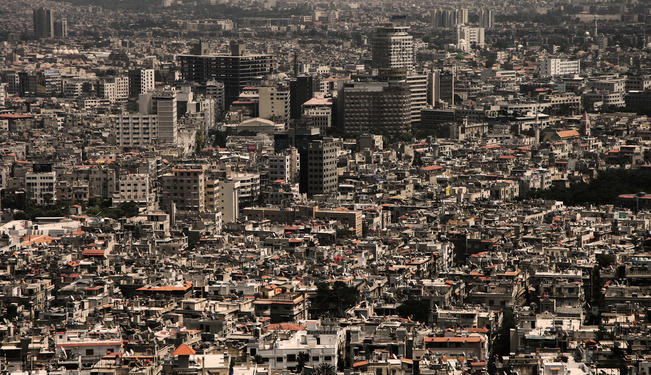
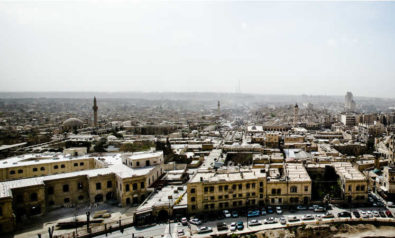

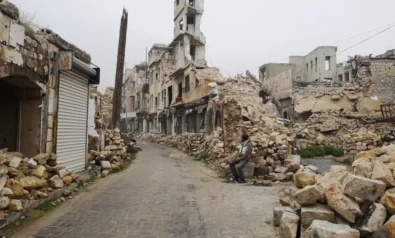

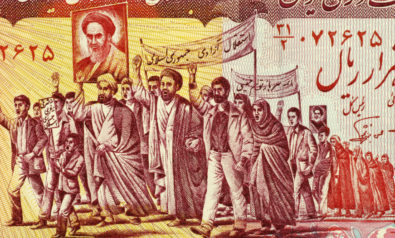


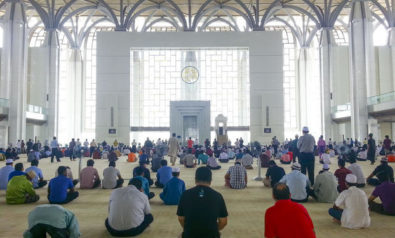

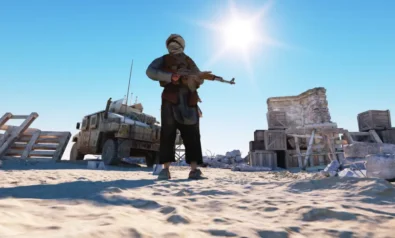

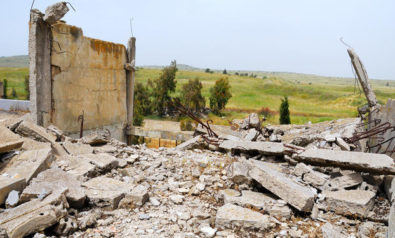

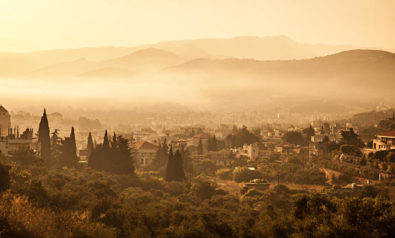
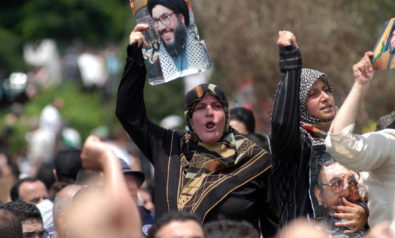



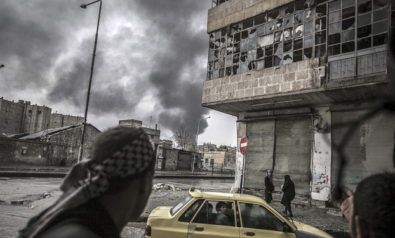

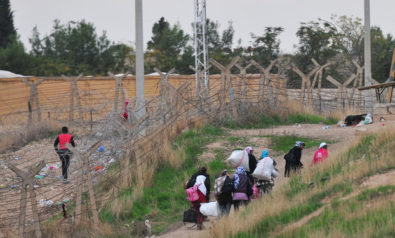
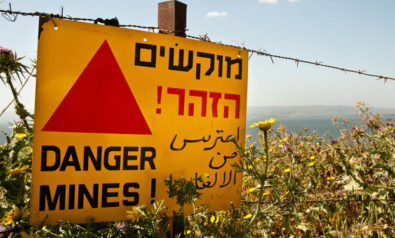
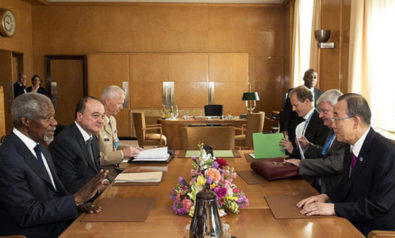

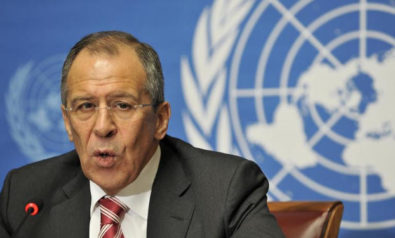

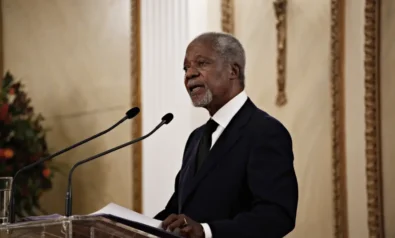
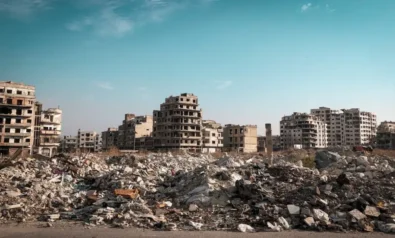
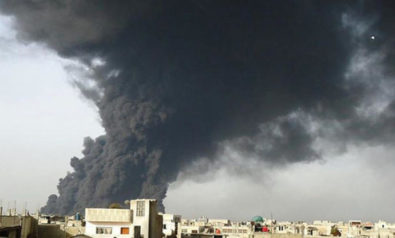

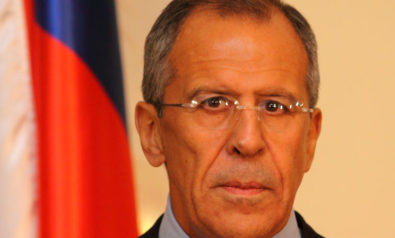
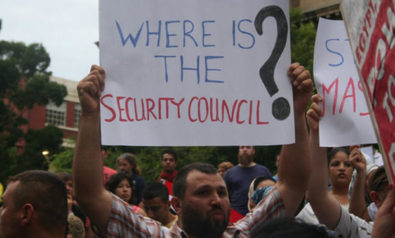



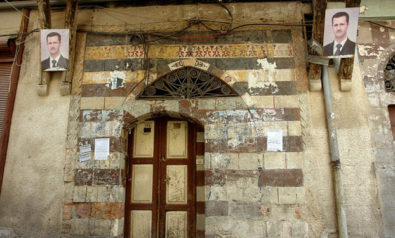



Comment